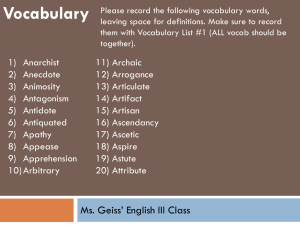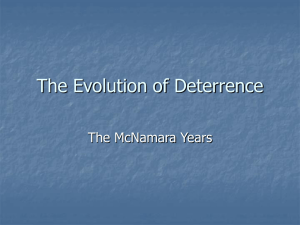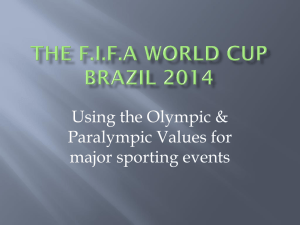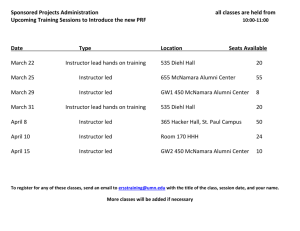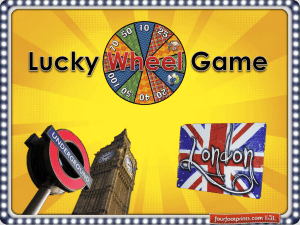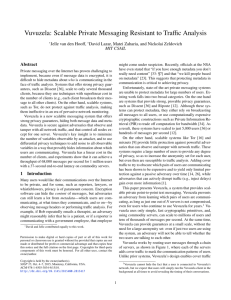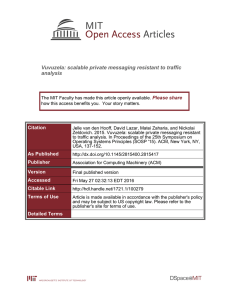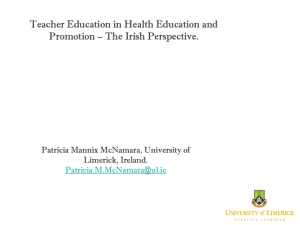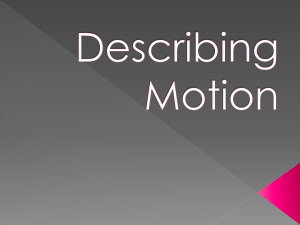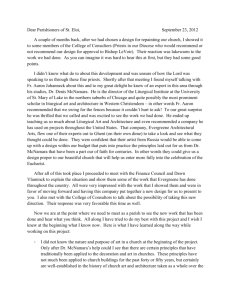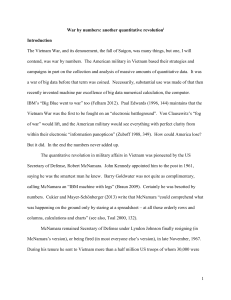Analysing Media Texts: The Vuvuzela Debate
advertisement
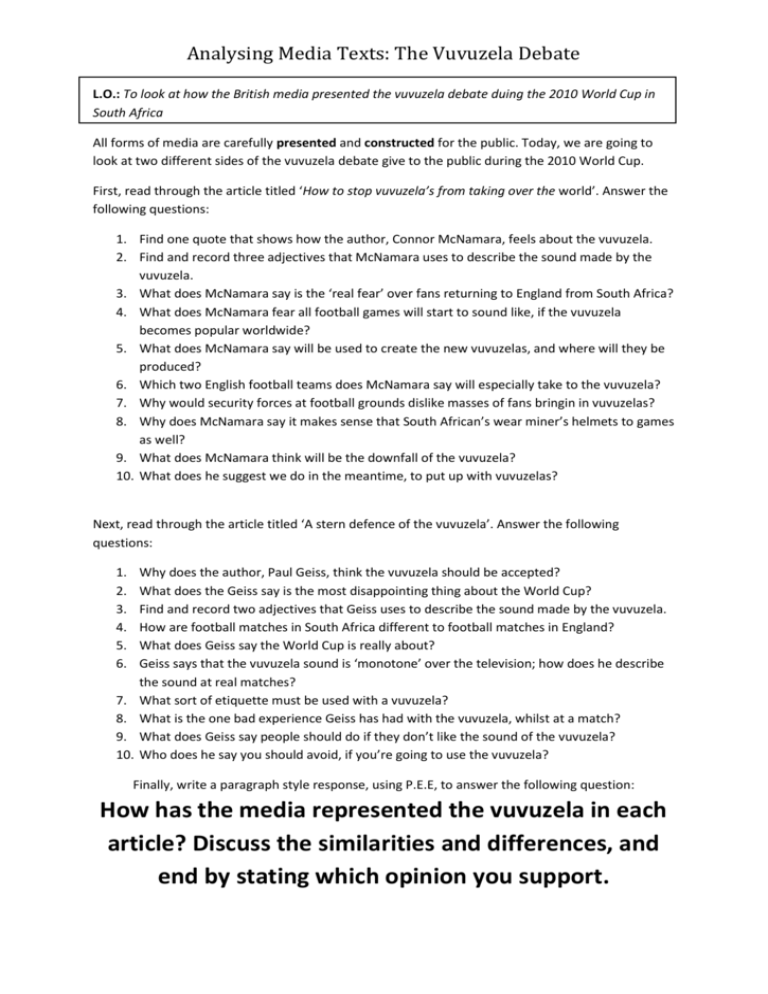
Analysing Media Texts: The Vuvuzela Debate L.O.: To look at how the British media presented the vuvuzela debate duing the 2010 World Cup in South Africa All forms of media are carefully presented and constructed for the public. Today, we are going to look at two different sides of the vuvuzela debate give to the public during the 2010 World Cup. First, read through the article titled ‘How to stop vuvuzela’s from taking over the world’. Answer the following questions: 1. Find one quote that shows how the author, Connor McNamara, feels about the vuvuzela. 2. Find and record three adjectives that McNamara uses to describe the sound made by the vuvuzela. 3. What does McNamara say is the ‘real fear’ over fans returning to England from South Africa? 4. What does McNamara fear all football games will start to sound like, if the vuvuzela becomes popular worldwide? 5. What does McNamara say will be used to create the new vuvuzelas, and where will they be produced? 6. Which two English football teams does McNamara say will especially take to the vuvuzela? 7. Why would security forces at football grounds dislike masses of fans bringin in vuvuzelas? 8. Why does McNamara say it makes sense that South African’s wear miner’s helmets to games as well? 9. What does McNamara think will be the downfall of the vuvuzela? 10. What does he suggest we do in the meantime, to put up with vuvuzelas? Next, read through the article titled ‘A stern defence of the vuvuzela’. Answer the following questions: 1. 2. 3. 4. 5. 6. 7. 8. 9. 10. Why does the author, Paul Geiss, think the vuvuzela should be accepted? What does the Geiss say is the most disappointing thing about the World Cup? Find and record two adjectives that Geiss uses to describe the sound made by the vuvuzela. How are football matches in South Africa different to football matches in England? What does Geiss say the World Cup is really about? Geiss says that the vuvuzela sound is ‘monotone’ over the television; how does he describe the sound at real matches? What sort of etiquette must be used with a vuvuzela? What is the one bad experience Geiss has had with the vuvuzela, whilst at a match? What does Geiss say people should do if they don’t like the sound of the vuvuzela? Who does he say you should avoid, if you’re going to use the vuvuzela? Finally, write a paragraph style response, using P.E.E, to answer the following question: How has the media represented the vuvuzela in each article? Discuss the similarities and differences, and end by stating which opinion you support.
